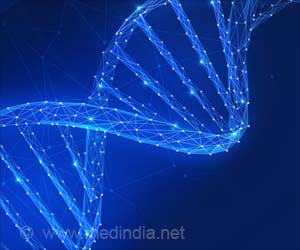Stem cell injections were found to improve left ventricle function in rats that had suffered myocardial infarction, say researchers.

Following injection into the "border zone" and infarct area of immunodeficient rats one week after induced myocardial infarction, the researchers used echocardiography to measure myocardial function and other analyses to measure the size of scaring, density of blood vessels in the scar, and the health of myocardial tissues. "Our results showed that intramyocardial injection of both ADSCs and SM-MSCs one week after AMI led to a substantial decrease in infarct size and a significant improvement in left ventricle function when compared with injections of cell culture medium alone," concluded the authors.
"There was a trend toward better functional improvement in the SM-MSC group when compared to the ADSC group, but this did not reach significance." They concluded that many questions remain unanswered, including the question of whether MSCs isolated from different organisms could result in different functional outcomes. Other unanswered questions relate to the optimal time delay between the onset of myocardial infarction and injection of MSCs. These cells do, however, still appear to be "a potentially interesting adjuvant treatment modality for selected patients following acute myocardial infarction," they concluded.
Source-Eurekalert















